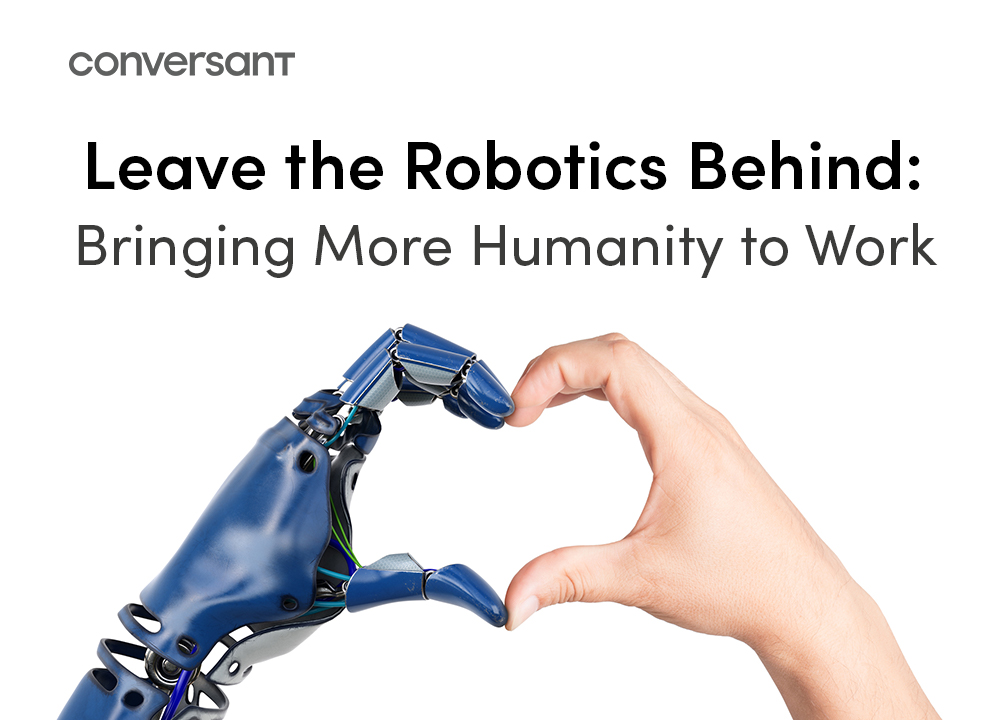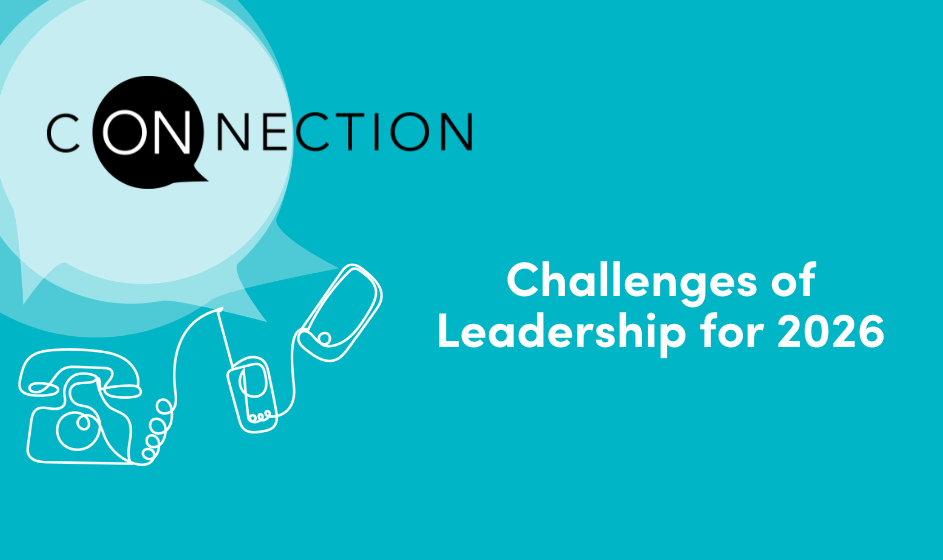Being human is hard work—or rather, it can be hard at work. Walls of text, tightly managed calendars, and unending to-do lists can all make us feel like cogs in a machine. As it turns out, that feeling isn’t accidental. Even though we know that the ability to bring our full talents to work leads to greater business results and a stronger organizational culture, many of the origins of modern offices were designed to curtail what we now see as uniquely human skills. In the best scenarios, traditional offices are wasting enormous amounts of talent and resources. In the worst cases, we create the conditions for employee burnout and serious organizational breakdowns.

A predecessor of the modern office includes workstations for scribes in medieval monasteries, where the ascetic practices of monks sacrificed human impulses for spiritual gain. Come the Industrial Revolution and then Henry Ford, those same human impulses and unpredictability were sacrificed for the sake of productivity and consistency. Today, however, technology sets the standard for efficiency, and attempts to out-automate computers are merely senseless and frustrating.
For instance, if you have ever struggled to remember your passwords, you have experienced the futility of trying to beat a computer at its own game. You might be surprised to learn there’s a better way: the comic below popularized the use of “passphrases” – a set of simple yet random words. This approach is far easier for the human mind to remember, and at the same time it’s harder for computers to crack.

Since people are no longer the model for efficiency, smart organizations realize that the strength of today’s workforce comes from human creativity, judgment, and connectivity that were seldom a design consideration for the average workday. At Conversant, we sponsor human connection and reclaim a little bit more of our humanity at work every day alongside leaders and organizations around the world. If you find yourself feeling like a cog in a machine, below are just a few examples of simple but powerful habits we recommend:
Take an emotional quick-scan: Our emotions can be powerful indicators for future decisions and actions, but only alongside enough purposeful presence to discern their source rather than fall victim to them. Practice a quick emotional scan to first interpret your emotions, then allow them to upgrade your intelligence and influence.
Add more senses: Not all forums for interaction are created equal. As Conversant’s founder, Mickey Connolly, says, “The greater the potential for disagreement, the more human senses you want engaged in the conversation.” Before trying to resolve an argument over email, take a moment to consider the design of your conversation and whether it warrants a phone call, a face-to-face meeting, or even a shared meal.
Make decisions as a result of learning from others: Connected leaders know that the main responsibility of a decision-maker is to demonstrate learning from relevant experts. When leaders share a decision within the context of what input led them to that conclusion, they make higher-quality decisions and build greater support. Not everyone may like a particular outcome, but they’ll respect the process.
Uncover shared purpose: To leverage the abilities of multiple people, we have to first recognize that we all have different priorities and expertise. This by itself can make collaboration challenging if every member of a team is talking past each other. However, the trick is to recognize our individuality in the context of our interdependence—or to put it another way, by first focusing on what we are collectively for. With purpose in mind, different viewpoints become data, not competition. Practice making purpose the boss to avoid petty argument and focus on effective action and results.



